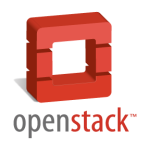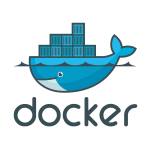
In this tutorial we will install OpenStack Liberty release from RDO repository on one node (all-in-one installation) based on CentOS 7 / RHEL 7 using packstack installer script.
In all-in-one configuration all OpenStack nodes (controller node, compute node, network node) are installed on a single machine. This type of configuration can be deployed very easy and fast for testing purposes, also on KVM machines, when no physical hardware is available.
Environment used:
public network (Floating IP network): 192.168.2.0/24
public network gateway: 192.168.2.1
node IP: 192.168.2.32
node OS: CentOS 7.1 64bit OS
node hardware: 2GHz CPU / 4GB RAM / 1 ethernet card
OpenStack version: Liberty
Read More



